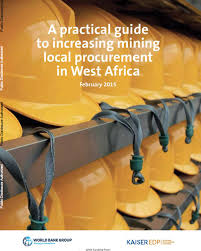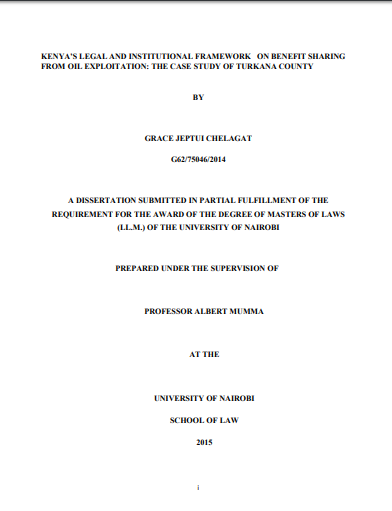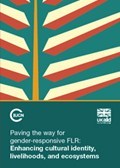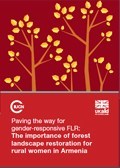Handbook on United Nations Basic Principles and Guidelines on Development-based Evictions and Displacement
This Handbook provides a summary and the actual text of the United Nations (UN) Basic Principles and Guidelines on Development-based Evictions and Displacement, acknowledged by the UN Human Rights Council in December 2007. A first short section focuses on India before looking at the international context.








